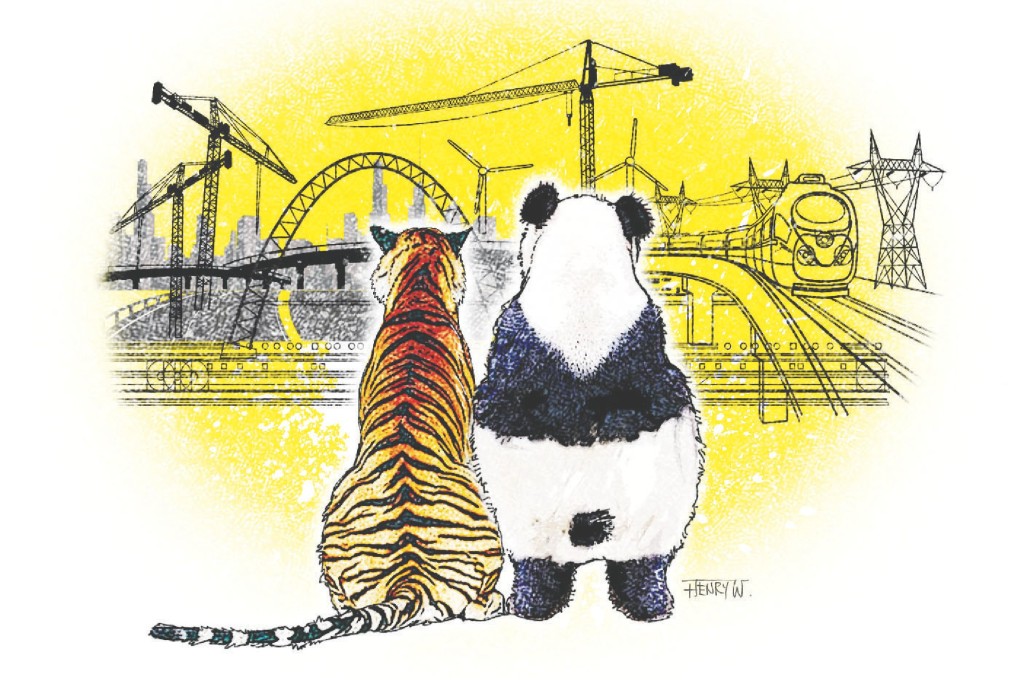Camaraderie between Xi and Modi set to translate into better Sino-Indian relations
Neeta Lal says relations between China and India, which share many similarities given their size and proximity, are set to soar with Xi's first visit to the nation, now led by the dynamic Modi

President Xi Jinping's first trip to India this week has raised great expectations in China and India - Asia's largest and third-largest economies - about a hugely productive visit. There is the added symbolism of Xi beginning his sojourn from the province of Gujarat, Indian Prime Minister Narendra Modi's home state, tomorrow - Modi's 64th birthday.
China and India have made a conscious effort to reach out to each other since Modi assumed power on May 26. The leaders' easy camaraderie was on display when they met for the first time at the BRICS summit in Fortaleza, Brazil, in July. Both have conveyed a strong desire to transform the architecture of the Sino- Indian relationship by exploring opportunities and being important actors in each other's growth stories.
Beijing is especially optimistic about bilateral ties under Modi. As chief minister of Gujarat, Modi visited China four times, earning a reputation of a dynamic and business-oriented leader. These attributes, the Chinese hope, will translate into augmented economic ties with its immediate neighbour.
Indian National Security Adviser Ajit Doval, who was in Beijing for consultations, has said that both nations are poised for an "orbital jump" in ties. Both sides are eager to match the atmospherics and deliverables on view during Modi's recent successful visit to Japan. That trip yielded substantive progress in industrial collaboration, with Tokyo setting a target of US$35 billion for foreign direct investment inflows into India over the next five years.
Economic exchanges will be pivotal during Xi's visit, too. Already, in the run-up to Xi's arrival, Liu Youfa, China's consul-general in Mumbai, has announced that China will invest over US$100 billion to set up industrial parks, and in the modernisation of railways, highways, ports, power generation, distribution and transmission, automobiles, manufacturing, food processing and textile industries.
India will also be keen to address the trade imbalance. Bilateral trade stood at US$65.85 billion in 2013-14 with a deficit of US$35 billion in China's favour. China agreed during the Indian commerce minister's recent visit to Beijing that this is "unsustainable and needs to be corrected", an Indian official was quoted as saying.